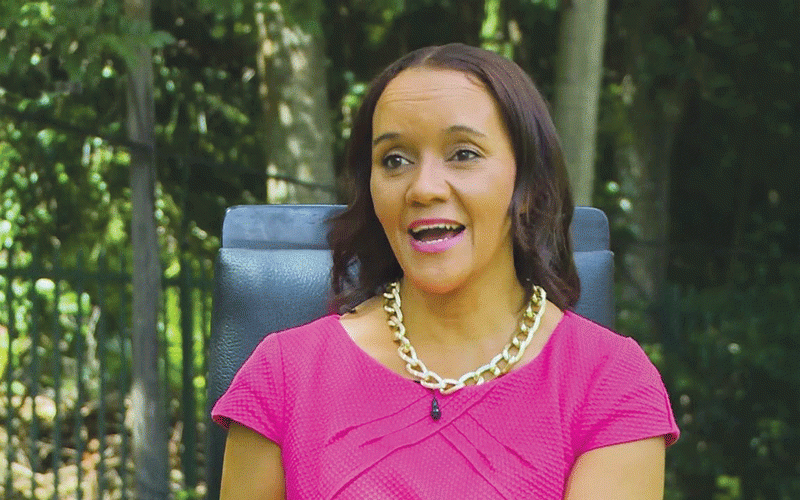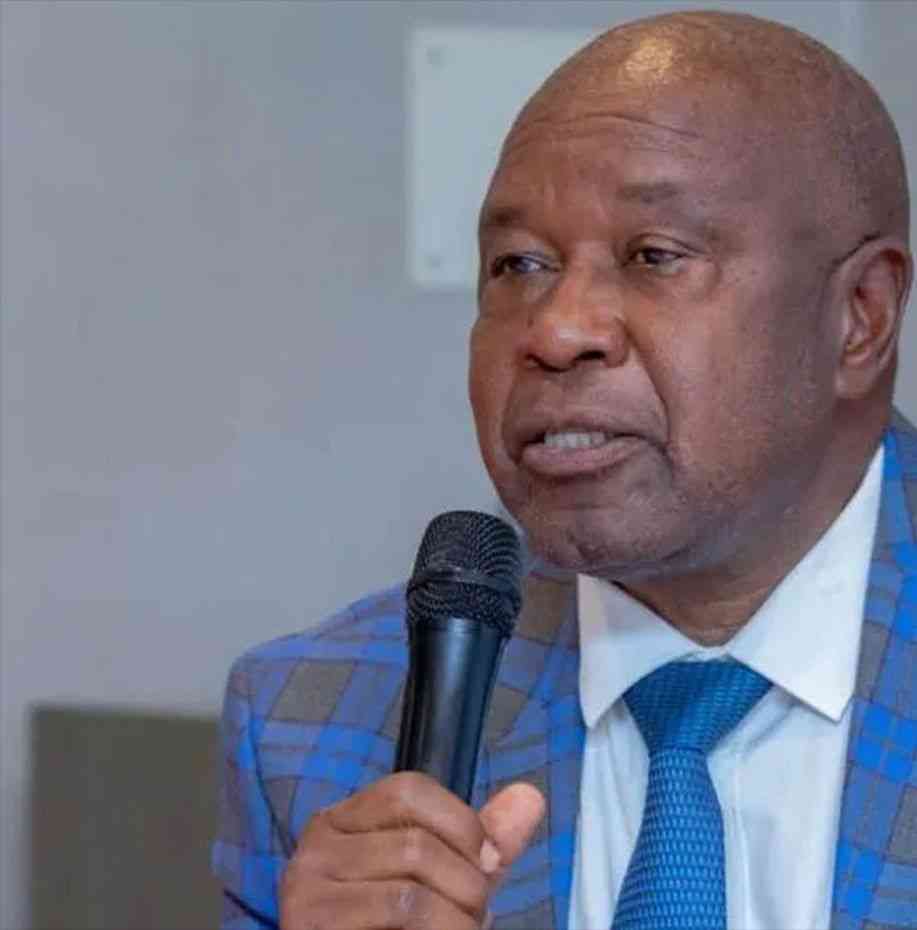
While the outcome of the 3rd of February 2024 by elections begins to turn into reality for many, one wonders why the voices of women in political sphere continue to grow more faint with each passing election.
For many years, different advocacy groups particularly those seeking to turn around the plight of marginalised groups, have lobbied for measure to be put in place to make politics more accommodating for women. To have women in Parliament in good numbers strengthens democracy.
We cannot havea population where the voice of one gender is silent. Women's political participation is a fundamental prerequisite for gender equality and genuine democracy.
Zimbabwe’s constitution in 2013 introduced a gender quota to ensure the equitable representation of women in parliament. Zimbabwe’s parliament is composed of a National Assembly (lower house) and the Senate (upper house). The quota requires that the lower house reserve 60 of its 240 seats (22%) for women representatives.
The upper house is to appoint 60 of its 80 senators from list that alternates between female and male candidates called the “zebra list.”The purpose of the quota is to push the country towards gender parity –50/50, female/male representation as directed the 2003 Maputo protocol and the Southern African Development Community’s 2008 Protocol on Gender and Development.
However, women’s representation in Zimbabwe’s parliament continues to decline since 2013, in spite of the quota. In 2013 women made up 33% of the National Assembly and 48% of the Senate. Only 12% of these women were elected directly. In 2018 the numbers in the National Assembly and Senate fell to 31% and 44%, respectively. There was a significant decline in the number of women nominated to contest the 2023 elections. Only 68 (11%) of 633 aspiring parliamentarians for direct election were women.
In spite of these challenges, 23 women were elected into parliament (against 26 in 2013 and 25 in 2018). The 23 newly elected women will be added to the 60 women appointed through the quota, making a total of 83, or 30.7% representation of women, in the lower house. After the appointment of senators, as stipulated by the constitution, the number of women in the full parliament will increase. Though commendable, this still places Zimbabwe below average within the region.
These gains may fail to go beyond the 31% representation achieved in 2018. The women in the National Assembly will still be less than 50% of parliamentarians and have limited decision making powers. Moreover, there is little indication of the substantive impact these women will have to empower Zimbabwean women, considering their limited numbers. The country’s record of democratic deficits is another important challenge.
- Mr President, what message do you have for diasporan Zimbos at UNGA?
- Don't muzzle Gukurahundi survivors: UN
- UN has exposed ED deception
- Businessman piles pressure on top judge
Keep Reading
The newly elected women MPs may have limited room for maneuver to promote gender equality in this political context. But they are still important as decision makers, legislators and role models for other women to enter politics.
A gendered audit of the published list of nominated candidates for direct elections reveals that Zimbabwe’s political parties did not field enough women to reach gender parity in 2023.
Data shows that 633 registered candidates contested 210 seats through direct election. Of these candidates only 68 were women. That is, only 11% of aspiring parliamentarians for direct election were women. Of these 68, Zanu-PF fielded 23 women (34%), the CCC fielded 20 (29%), and the remaining 25 women were from small minority parties (27%) and independent candidates (10%).
Harare and Bulawayo provinces nominated the highest number of women candidates for election. In Mashonaland Central only one woman was nominated across 18 constituencies. Only two women were nominated in Matabeleland South across 12 constituencies.
It is important to ask why political parties are not fielding more women for direct election. And what this means for the future of representative politics in Zimbabwe.
The data above indicates a bias against woman candidates that permeates across political parties. Apart from the women nominated through the obligations of the quota, neither the CCC nor ZanuPF fielded enough women to make gender parity a reality in the 2023 elections and the by-elections in 2024.
Political parties should build on these small gains and nominate more women for elections.
This will allow the country to move closer to the goals of gender parity, gender equality and democratic plurality. Addressing diplomats and foreign observer missions, Justice minister Ziyambi Ziyambi said ithad always been government’s wish that women take part in the country’s politics.
"We have always wanted women involvement in our politics, and we introduced the women’s quota so that more women can take part in our politics, but since 2013 and 2018 the numbers have dropped significantly affecting women's involvement in our politics,” Ziyambi said.
"We will continue to encourage more and more women to take part in our politics.”
United Zimbabwe Alliance president, Elisabeth Valerio, was the only female presidential candidate after winning an appeal against the Zimbabwe Electoral Commission (Zec)’s rejection of her nomination papers.
- Chidanyika is a student at Africa University.






